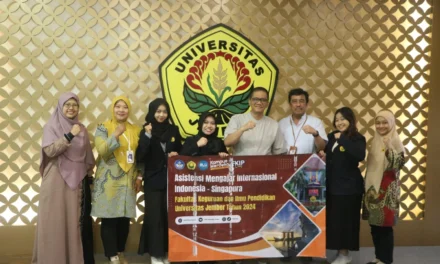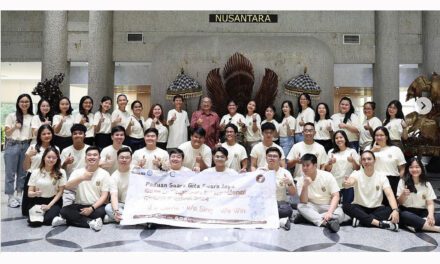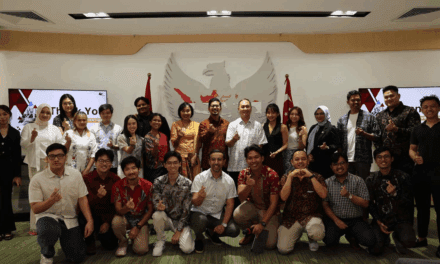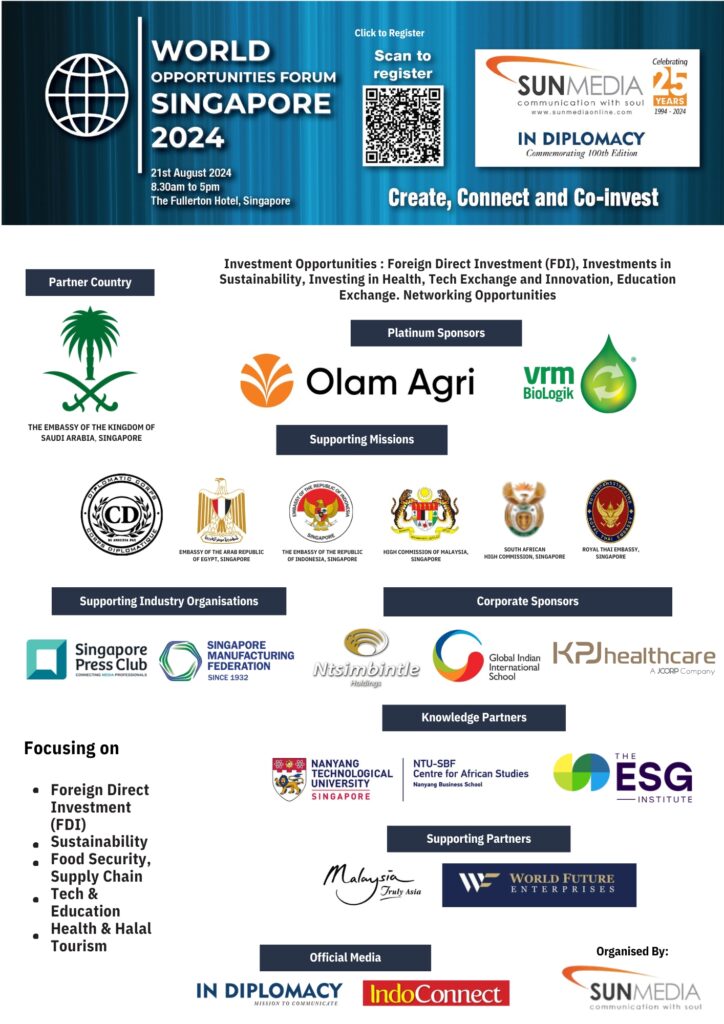Indonesian government aims to improve access to safe drinking water significantly by 2024, outlining a comprehensive plan involving major investments.
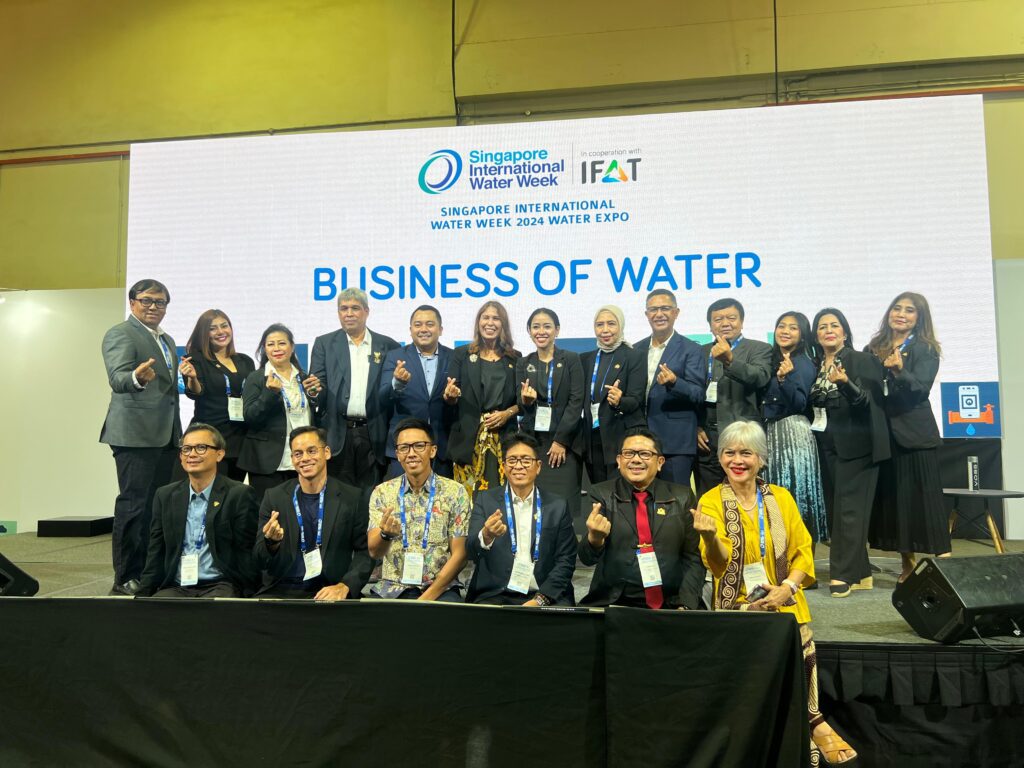
The Indonesia Business Forum themed “Water Infrastructure Investment Opportunities in Indonesia,” was held at the Singapore International Water Week 2024 on 21st June 2024. Co-organized by the Indonesian Chamber of Commerce and Industry (KADIN), the forum featured a number of distinguished speakers who discussed important opportunities and challenges in enhancing Indonesia’s water infrastructure to meet future demands.
By 2024, the Indonesian government aims to ensure that 15% of the population can access safe drinking water, 30% benefit from piped drinking water, and all households have access to adequate drinking water. This initiative requires a budget of IDR 130 trillion, with 24% expected from public-private partnerships and B2B collaborations.
Other water investment areas, including water supply projects in the Kariangau Industrial Area and Balikpapan, are crucial for supporting the development of Indonesia’s new Nusantara Capital City. Furthermore, there is an urgent need for clean water supply for marine vessels, as many major ports struggled to meet the demand for potable water. Another promising sector is hydropower plants, which taps into Indonesia’s huge renewable energy potential, estimated at 94% or 95 GW, but much of it remains untapped.
The distinguished speakers who participated in this forum are Vice Chairman of Public Works, Public Housing, and Infrastructure at KADIN Ir. Insanul Khamil; Former Expert Staff/Senior Advisor at the Coordinating Ministry for Maritime and Investment Affairs of the Republic of Indonesia Mr Basilio Dias Araujo; and Director of the Indonesia Investment Promotion Center (IIPC) and Investment Attache at the Ministry of Investment, Embassy of Indonesia in Singapore. Mr Andria Buchara.
Discussions at the forum underscored an ambitious plan that presented significant opportunities for investment in water infrastructure and technology. Stakeholders emphasised the importance of sustainable and efficient water management practices to achieve the outlined goals.

